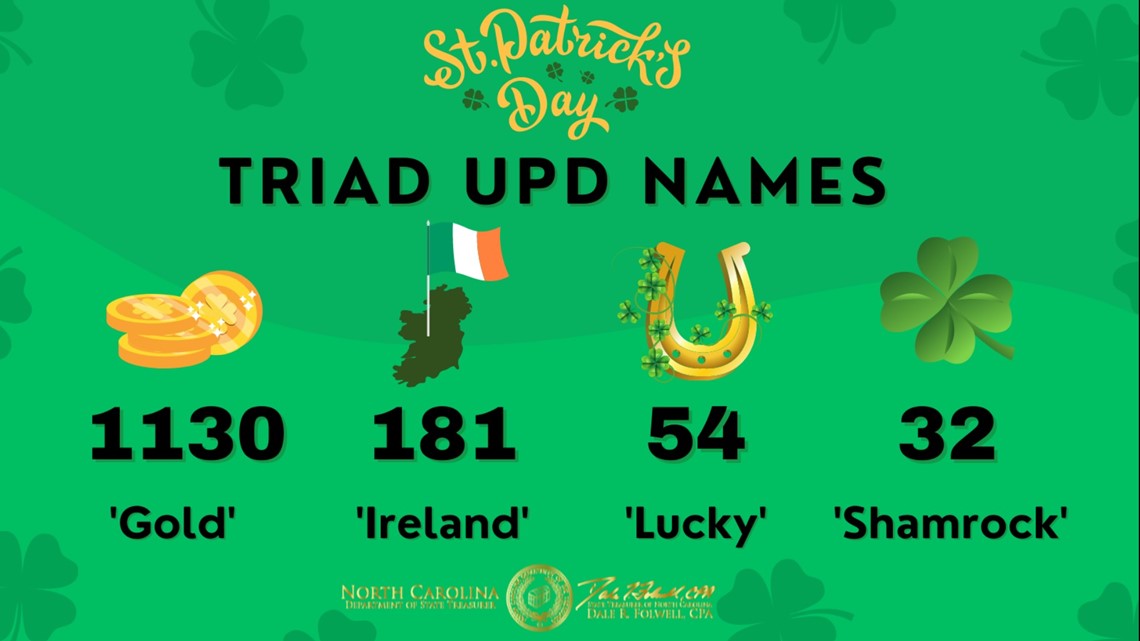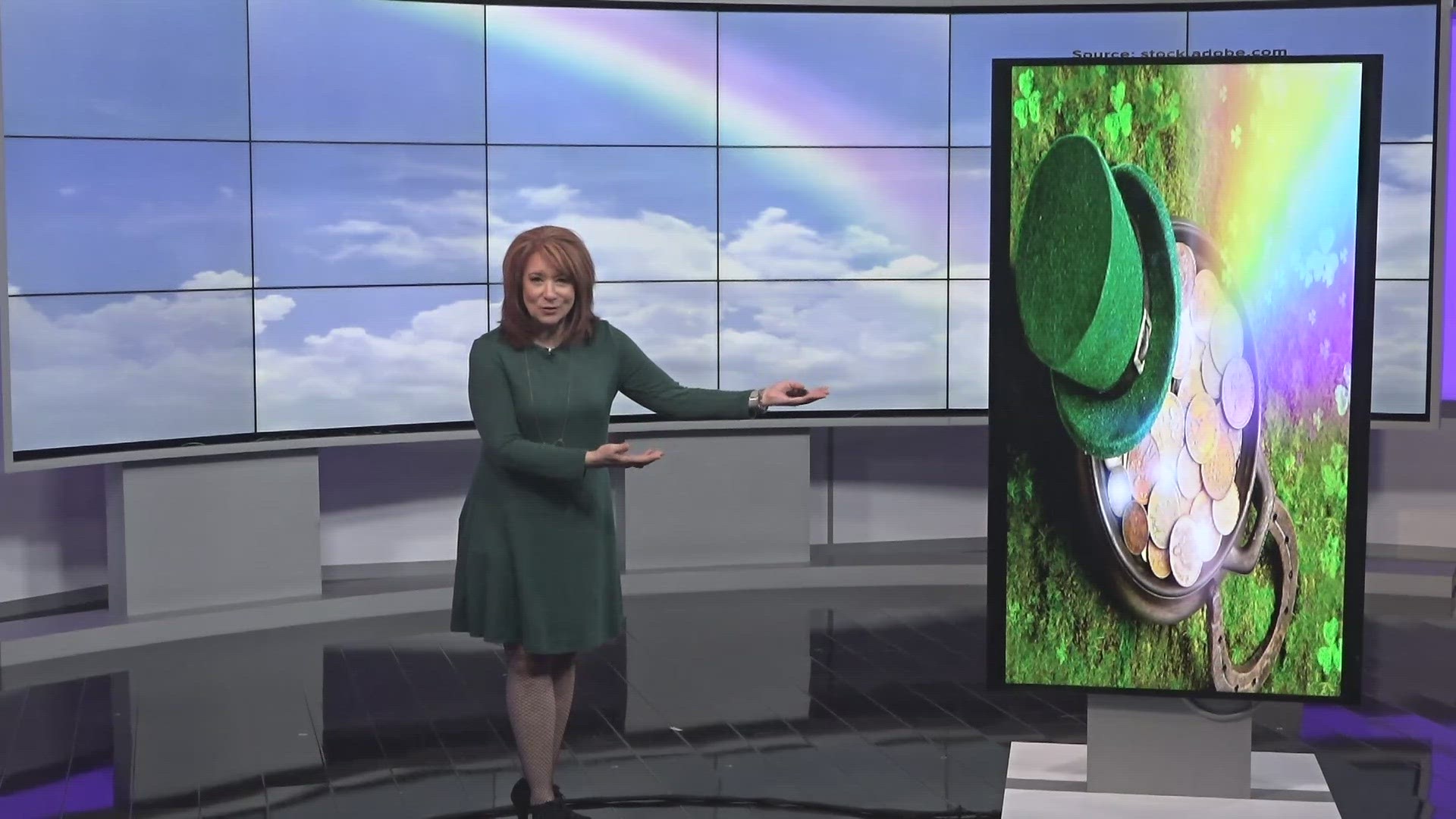GREENSBORO, N.C. — At the end of every rainbow is a pot of gold! It's a well-known Irish fable, but you don't have to wait for the luck of the Irish to put some green in your pocket.
“We have twice as many records as we do have citizens in NC, so all the viewers need to go to NCcash.com and punch up their name, maiden, kids, parents, church nonprofit,” said Dale Folwell, NC State Treasurer.
The State Treasurer's office runs NCcash.com. The money is from leftover deposits you made to utility companies, overpayments on insurance, money left in escrow, and even stuff found in safety deposit boxes.
You simply put in your name and the site does the rest. While the site has been operational for years now, there is a new feature. If the amount is under $100 you’ll see the exact amount. If it's over, it simply says it is over $100 and you have to prove who you are by putting in your Social Security number.
“Previously it said $50 or greater. We looked around the country to see how high we can go with that and we have been able to raise it to $100 or greater, we did that 3 weeks ago. The social security number is required because it comes to us with a SS number or a tax identity number,” said Folwell.
The reason the amount over $100 isn’t made public, is for protection. If someone has a huge amount coming to them, it may put them in a vulnerable position if anyone and everyone could see it.
Just for fun, the Treasurer's office ran St. Patty's day-themed names.


“You'll find you have many viewers that have $100, $200, or $300 sitting at NCcash.com and since we've been doing this over the last couple of years, we've taken in $700 million in new money. So just because you checked your name previously you should go check it again,” said Folwell.
Right now, the Triad alone has about $157 million dollars in unclaimed property and cash.
WHY YOU SHOULDN'T GOOGLE UNCLAIMED CASH
Make sure use click on one of the sites highlighted here and don't Google unclaimed cash. Chances are, it will take you to a third-party site that will in fact charge you for finding or getting your money.


